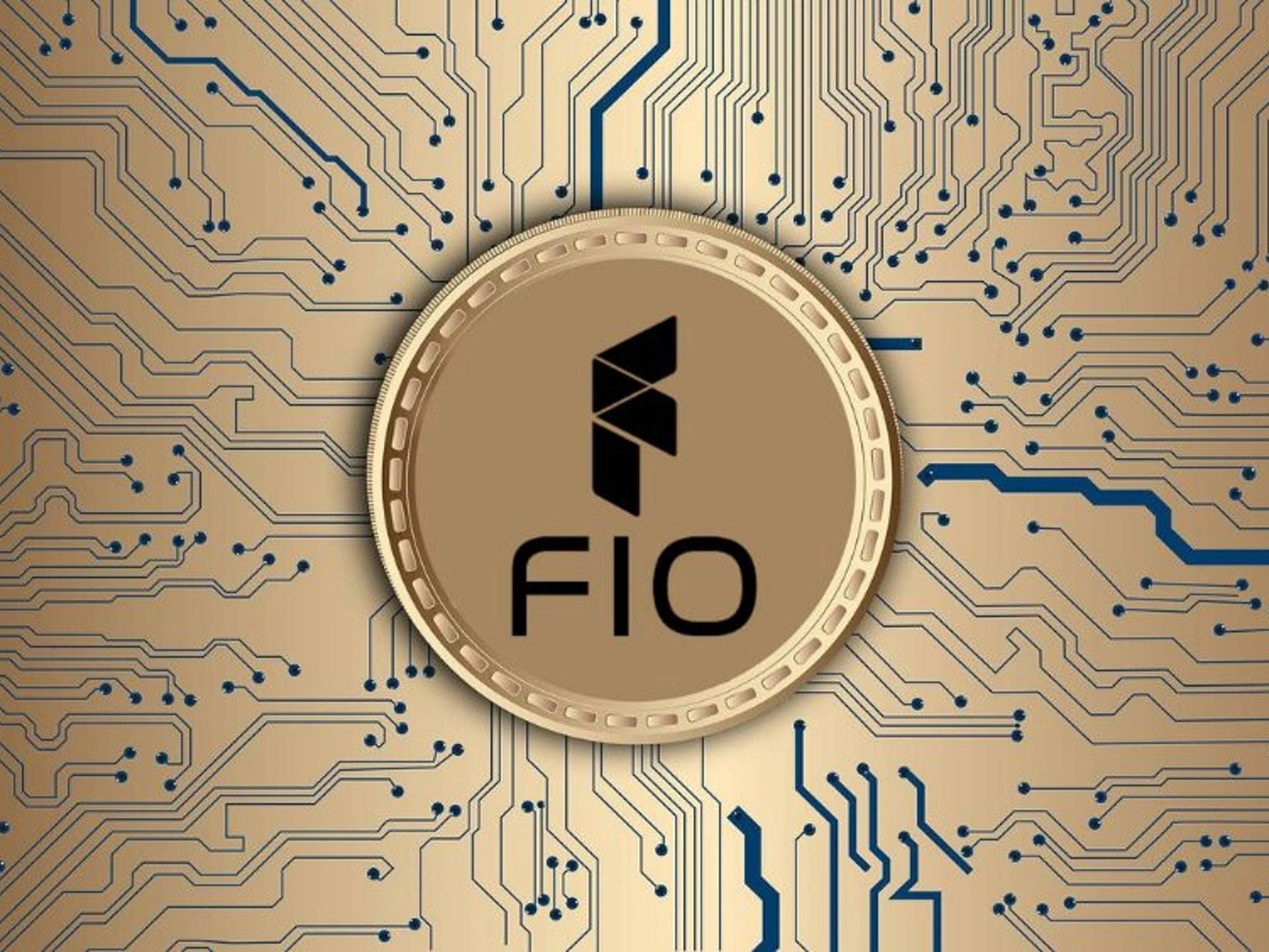FIO Protocol
FIO Protocol (Foundation for Interwallet Operability) is a decentralized service layer that bridges the gap between crypto endpoints such as wallets, exchanges, crypto payment processors, and any other application in which crypto assets are held and/or transferred.[1]
Overview
The Foundation for Interwallet Operability (FIO) is a consortium of leading wallets, exchanges, and crypto payment processors supporting the FIO Protocol, a decentralized service layer that removes the risk, complexity, and inconvenience of sending and receiving tokens and coins identically across every blockchain.[2]
The Foundation's mission is to facilitate an adoption explosion for Blockchain through a decentralized, industry standard, industry governed, cross-platform, chain agnostic usability protocol.
The Foundation is managed as a DAC (Decentralized Autonomous Community) with voting and governance running atop the FIO Chain.
Features
The FIO Protocol is capable of providing several features, with a robust roadmap of future items that may be added. FIO has the following features:
- FIO Addresses - a human-readable wallet identifier (such as john@edge or alice@gold) that eliminates the need to see, or even know of, blockchain public addresses. FIO Addresses automatically support any token in a wallet/exchange and requires no manual mapping.
- FIO Requests the ability to request funds from any other wallet, utilizing in-wallet/app notifications and simple approvals. FIO Requests are fully-encrypted between counterparties and do not interfere with the actual underlying blockchain.
- FIO Data encrypted metadata that can be attached to any transaction, such as a simple memo, structured data (like an order cart), or hashes and references to off-chain data. FIO Data can accompany a send of funds directly to a wallet, or be attached to an FIO Request.[3]
Token Economics
The FIO Protocol will be powered by a utility token (FIO). The FIO Token will be used to pay for transactions processed through the FIO Chain. To hold a token or an FIO Address/Domain, a user only needs a private/public key pair, and all transfers can be achieved using an FIO public key. This allows the support of FIO Tokens without any special functionality.
FIO Tokens support the SLIP-44 (FIO index at position 235) standard. When a user chooses to restore seed phrases from one wallet to another, the FIO Tokens, as well as FIO Addresses and Domains, will be restored.
The demand for FIO Tokens will stem from:
- Users needing tokens for the utility of the FIO Protocol (e.g. registering FIO Addresses/Domains as well as other transaction fees)
- Individuals and entities desiring tokens for the purposes of voting toward block production
- The possibility that some wallets or exchanges may choose to compensate their users for holding FIO tokens which they can then vote toward block production
- Future enhancements to the FIO Protocol are envisioned to create additional utility fees to be paid in FIO tokens.[4]
Parnerships
XT x FIO Protocol
XT has partnered with FIO and will be listing the FIO Token and integrating the FIO Protocol.
With the integration of the FIO Protocol, XT users will be able to create their custom FIO Crypto Handle (formerly known as a FIO Address), to simplify the interaction between users and the exchange.
